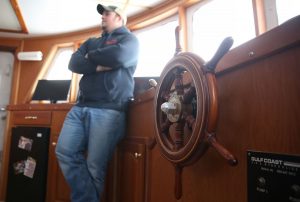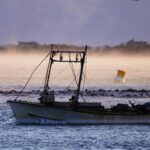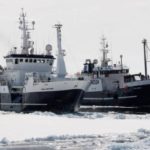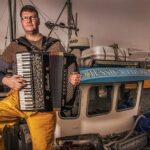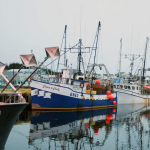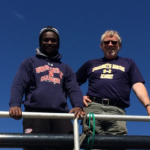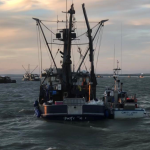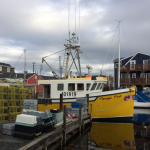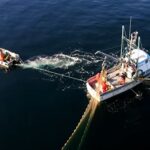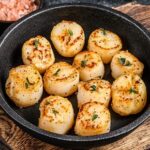FFAW-Unifor’s membership numbers ‘misleading’; FISH-NL calls on Labour Board to conduct vote

Thursday, April 26, 2018
The Federation of Independent Sea Harvesters of Newfoundland and Labrador (FISH-NL) says questions have been raised whether thousands of dues-paying members of the FFAW-Unifor are actual inshore fish harvesters.
“The membership figures made public by the FFAW-Unifor are misleading in that they’re paper numbers only — not representative of the number of true bonafide, full-time, boots-on-a-deck inshore harvesters,” says Ryan Cleary, President of FISH-NL. “We’ve requested the board proceed with a vote for real harvesters to decide their union fate.”
Almost 16 months after FISH-NL presented an application for certification, the preliminary report of an investigator with the Labour Relations Board was released last week, with final submissions on Wednesday. The investigator’s report is now in the hands of the Board, which will ultimately decide how to proceed.
FISH-NL has estimated the number of inshore harvesters in the province at around 4,500, while the FFAW-Unifor pegs the number at as high as 10,000.
The difference is in definition. The FFAW-Unifor defines a harvester as anyone who pays union dues from the sale of fish. FISH-NL’s stance is that because dues are automatically deducted in a person’s name from a fish sale cannot be the determining factor in deciding who is/is not an inshore harvester for the purposes of a representation vote.
That point was made with the Labour Relations Board at least twice by Derek Butler of the Association of Seafood Producers (ASP), whose members operate more than 65 processing plants in the province. The plants/buyers automatically deduct dues from a fish sale, and remit them to the FFAW-Unifor.
“Producers remit union dues, for anyone receiving payment for any share of catch as directed by enterprise owners. This would include harvesters and others who may not have fished (as in any business, an enterprise owner can decide who to pay from the value of the landed catch; producers provide a payroll service, pure and simple),” Butler wrote in an April 10th, 2017 e-mail to the board investigator.
“Whether they are harvesters, as worded in the order, is the debatable point. Assuming some who receive payment or shares of catch payments are not actual harvesters, producers would have little ability to determine from payroll alone who they are. The order says to provide names of harvesters, but more accurately, it should read anyone for whom union dues are remitted. The task before the board is then to decide who the commercial harvesters are.”
In a Jan. 25, 2017 submission, Butler suggested the Labour Relations Board give consideration to the definition of “fisher,” in particular “related to active participation in the industry, and fishing verses shore-based activities (i.e. an enterprise owner may decide to pay someone from the catch proceeds who has no participated as a crew in a voyage, a common practice in the industry.)”
“The Association of Seafood Producers is clear in stating the fact a person pays union dues does not necessarily make them a bonafide inshore harvester,” said Cleary, adding FISH-NL has provided the Labour Relations Board with a detailed definition of an inshore harvester for purposes of a vote.
“The FFAW-Unifor is saying that a person who may or may not have fished aboard a boat one day in their life, and had a fish sale put in their name with dues automatically deducted from their cheque, has the same vote on their union future as an enterprise owner with 30-plus years on the water, and tens of thousands of dollars of investments,” said Cleary. “That’s clearly wrong.”
In its final submission to the Labour Relations Board, FISH-NL also emphasized that the 16 months the Labour Relations Board took to investigate its application adds weight to the demand for a vote.
The Labour Relations Act states that a vote should be taken “no more than 5 days, excluding holidays and weekends, after receipt by the board of the application for certification.” FISH-NL also argued for a vote in light of the FFAW-Unifor’s use of intimidation during the card-signing process — intimidation that continues to this day.
“The only way to ascertain the true wishes of inshore harvesters is to hold a secret ballot,” Cleary said.
-30-

































